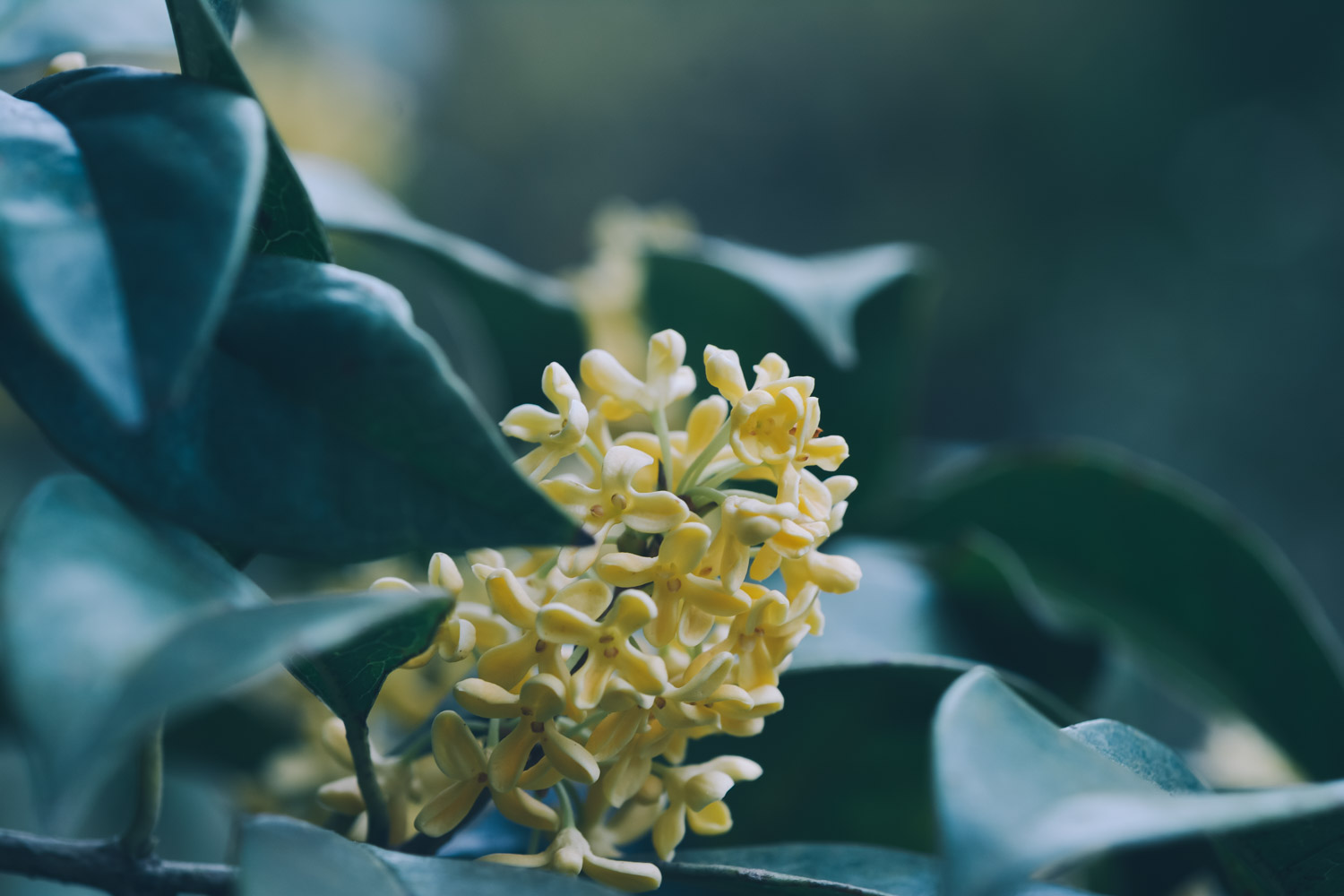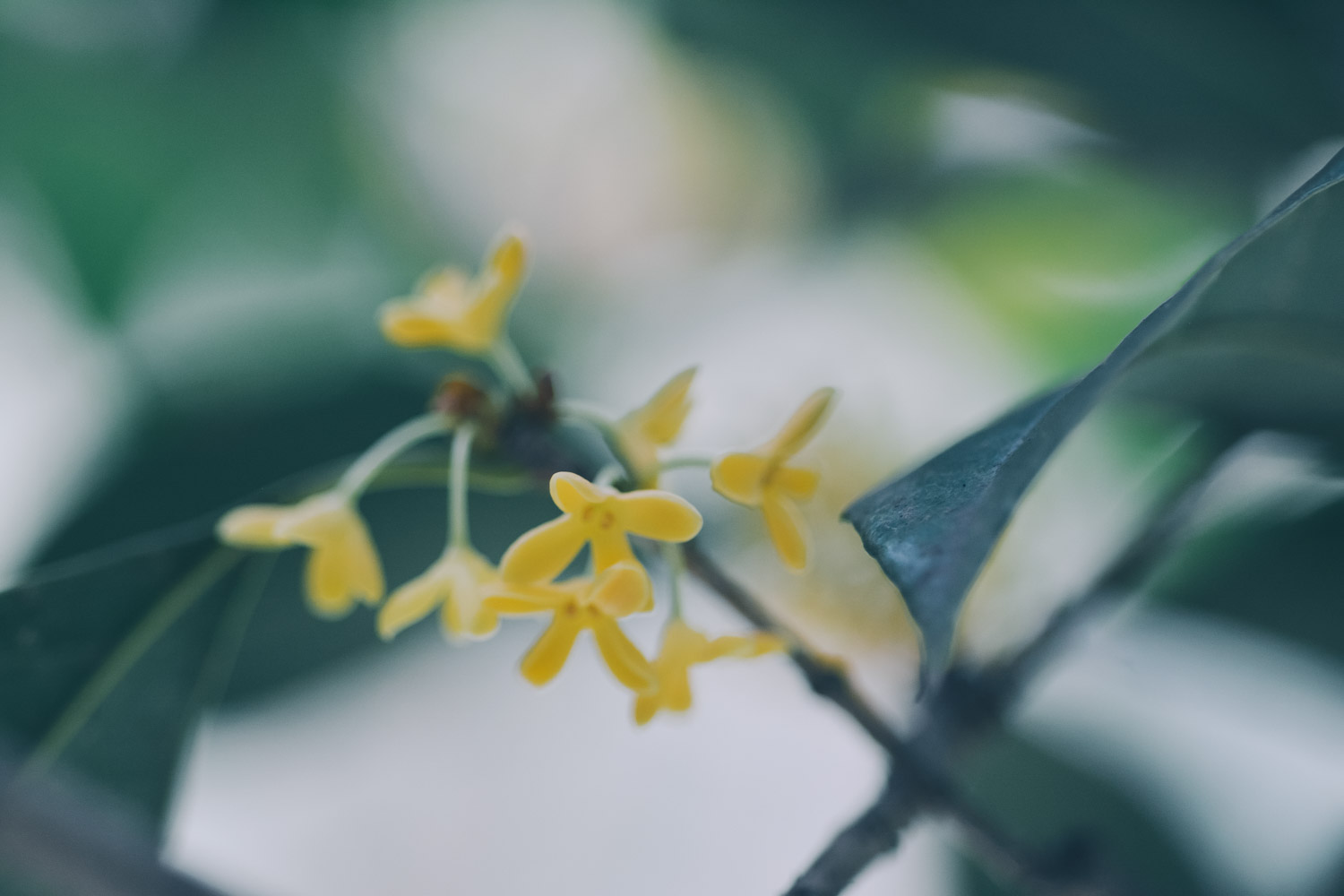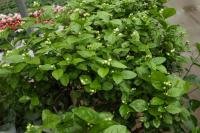Precautions for osmanthus planting
collecting time
Osmanthus fragrans seeds can generally be ripe and harvested from April to May. At maturity, the skin color changes from green to purple black and falls off from the tree. Seeds can be picked from trees or on the ground, but they should be picked up as they fall. Otherwise, in the dry climate in spring, the seeds are easy to lose water and lose sowing value.

Seed modulation
Osmanthus seeds should be prepared immediately after harvest. The outer seed coat of mature fruit is soft. Rinse with water, wash the peel, remove empty and small seeds floating on the water, pick out impurities, and then dry them indoors in the shade. Avoid drying in the sun. This is because the seed coat of Osmanthus fragrans seeds lacks wax layer, so it is easy to lose water and dry, and then lose physiological activity.
Seed storage
Osmanthus fragrans seeds must undergo certain storage and germination before sowing and seedling raising, which is determined by its physiological post ripening characteristics. Osmanthus fragrans seed storage mainly includes sand storage and water storage.

Sand reservoir
Cover sweet scented osmanthus seeds with wet sand layer by layer. It is suitable to choose a cool and ventilated place where the sand is hidden, and stack them on the sandy land.
Water reservoir
Put the osmanthus seeds in a bag that is breathable and not easy to stink. Tie the mouth of the bag tightly and put it into cold water, preferably running water. Pay attention to regularly check the seeds and observe whether they have mildew, deterioration or water loss. The seed bag shall not be exposed to the water surface, especially in summer. The seed bag must be far away from the high-temperature water layer of the water surface to prevent seed germination, heat and decay.

 jackfruit
jackfruit snake plant
snake plant hibiscus
hibiscus hydrangea
hydrangea lavender
lavender Green roses climb al...
Green roses climb al... If you don't pay att...
If you don't pay att... Management of four g...
Management of four g...
































